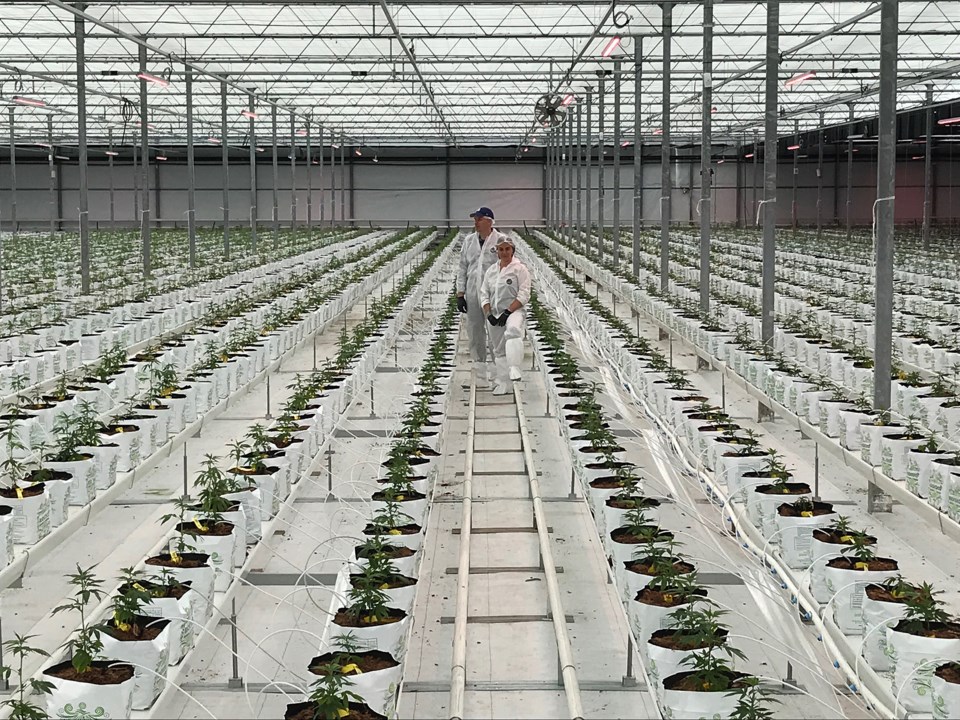A Canadian cannabis producer that has a large-scale East Ladner greenhouse among its operations has signed a clinical research deal with the National Hockey League’s Alumni Association to investigate the use of cannabinoids as a treatment for post-concussion neurological diseases in former NHL players.
In a news release this weekend, Canopy Growth, in partnership with the NHLAA and NEEKA Health Canada, says 100 former players will be enrolled in a randomized double-blind study. The research will be led by two neurosurgeons whose clinical trial may lead to novel cannabis therapies that have the potential to improve the lives of patients suffering from post-concussion healthcare issues, states Canopy.
“This study will undertake the rigorous science needed to establish the medicinal value of cannabis when combined with other proven treatments amongst this highly-afflicted group of elite athletes and potentially improve their ability to interact with family, friends and their communities,” Canopy explains.
“The results of the original study may also lead to new cannabinoid-based therapies that help athletes in other professional sports, along with adults who suffer from the aftermath of brain injuries from accidents and other activities.”
A substantial number of high performing, former professional athletes have developed impairments as a result of past concussions, ranging from depression, post-traumatic stress disorders (PTSD) and progressive dementia from chronic traumatic encephalopathy (CTE), the news release states. In some cases, this leads to debilitating limitations in their ability to cope with their environment, a term NEEKA Health Canada has defined as functional disintegration.
“NHL alumni gave everything they had during their careers, but the physical consequences after they hang up their skates can be devastating for both players and their loved ones for the rest of their lives,” said Glenn Healy, executive director of the NHLAA in a statement. “This study offers alumni the promise of help and hope, and we are excited to participate in what could become a true game-changer in allowing these professional athletes to finish strong.”
CBD is derived from the cannabis but doesn’t have THC, the ingredient that gives a user a high.
Proponents of CBD claim it helps with medical problems such as inflammation, depression, chronic pain and post-traumatic stress. The one-year study begins this summer.
Already the largest supplier of legal medical marijuana in Canada before recreational cannabis was legalized last year, Ontario-based Canopy Growth Corp. partnered with SunSelect Produce to create BC Tweed, which has 1.7 million square feet of greenhouse space on Hornby Drive in East Ladner. The venture also has 1.3 million square feet of greenhouse space in Langley that’s converted to cannabis.



